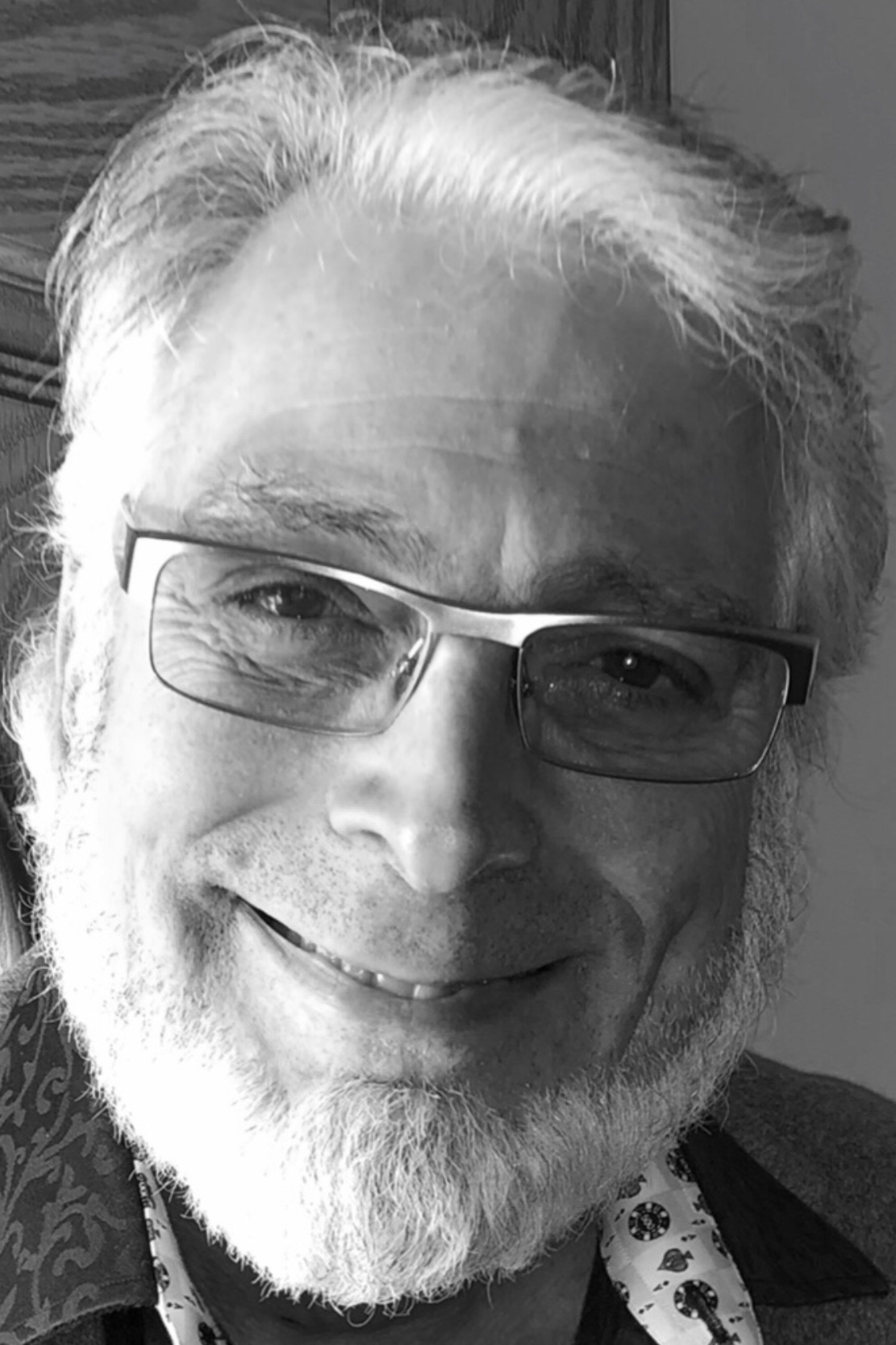“How much would you pay for a miracle pill that would help you to feel more alive? Be happier and more fulfilled? Feel more optimistic about the future? Feel stronger during trying times? Experience fewer symptoms of stress? Have more positive emotions? Reduce aches and pains? Sleep better? Have better health and a stronger immune system? Express more compassion, kindness, and emotional support? Engage in new and lasting relationships? Enjoy closer family ties? Achieve more progress toward your personal goals? Have more energy, enthusiasm, determination, and focus? Be more alert? Increase your generosity and empathy? Improve your self-esteem? Choose healthier behaviors? Live significantly longer?” These are the questions that I posed to an audience of about 100 seniors with an average age of about 85. As I continued my lecture presentation, The Unexpected Gifts of Gratitude, at Molloy College’s Molloy Institute For Lifelong Learning, I asked, “what if one prescription were capable of achieving all of the above?! Would you be interested?!”
The definition of a blockbuster drug is: an extremely popular drug that generates annual sales of at least $1 Billion for the pharmaceutical company that creates it. Examples of blockbuster drugs include: Lipitor for treating high cholesterol, Viagra for treating erectile dysfunction, and Prozac for treating depression. And, if there were one drug that could so broadly improve our physical and emotional wellbeing, it would certainly become a blockbuster drug! Having peaked their curiosity, I then said, “well, the prescription is: GRATITUDE! It’s the magic pill!!! And, it’s free!”
Gratitude after trauma. For me personally, several years after being traumatized by what began with the murder of my wife by her tormented son and continued for a period of years with additional traumas that stripped me of my intended inheritance and my career, I came upon this quotation from Brother David Steindl-Rast: “The root of joy is gratefulness … It is not joy that makes us grateful; it is gratitude that makes us joyful.” (see https://gratefulness.org/). This quotation was nothing short of life-saving for me. You see, in the wake of trauma, you lose your footing. Your world is shattered. You feel shaken up. You feel unrooted. You feel disconnected. You view life through a distorted lens. It was when I was at the bottom of a deep, dark rabbit’s hole that I stumbled upon Steindl-Rast’s quotation. And, as I said, in all seriousness, it saved my life.
In her article, The Small Miracle of Gratitude: There’s practically nothing that it can’t do,” Arianna Huffington reminds us that the gift of gratitude is “a small miracle and it’s available to all of us, all the time.” (https://community.thriveglobal.com/stories/arianna-huffington-small-miracle-practicing-gratitude/).
Gratitude’s healing power. Psychology expert and author of The Healing Power of Gratitude, Dr. Lisa Firestone asserts that “gratitude is perhaps the most important key to finding success and happiness in the modern day. Knowing what we appreciate in life means knowing who we are, what matters to us, and what makes each day worthwhile. Paying attention to what we feel grateful for puts us in a positive frame of mind. It connects us to the world around us and to ourselves.” (https://www.psychologytoday.com/us/blog/compassion-matters/201511/the-healing-power-gratitude). Despite all the tragedy that I endured, I still found reasons to be grateful — and that made all the difference. I was grateful to be alive. Grateful to my dear family for their limitless love and tireless support. Grateful to my compassionate, supportive friends. And, even grateful to those “friends” who abandoned me and those who betrayed me, as they revealed to me their true selves.
I began my daily gratitude practice before I would get out of bed each morning. I considered three reasons that I had for feeling grateful. Later in the day, I would include gratitude in my journal. As my gratitude practice advanced, I began to explore the dimensions of gratitude: depth, specificity, and density. For example, with respect to my health, I was able to add depth and specificity by expressing gratitude for having ten human senses: sight; hearing; taste; smell; touch; temperature; pain; balance; body awareness; and, extrasensory perception. Then, I was able to add the dimension of density by exploring my gratitude to my parents for healthy genes; to my opthomologist for keeping my eyes healthy; to my cardiologist for keeping my heart healthy, etc. Try it for a month and observe how this powerful practice changes you!
Gratitude in stressful times. A discussion on gratitude requires that we consider it’s practice in today’s disturbing times. At times like these, in the midst of unspeakable acts of violence and domestic terrorism, cultivating a sense of gratitude may feel disingenuous, even disrespectful to those who have lost loved ones as a result of hate-motivated terrorism and mass shootings. But, while gratitude may be the last thing that anyone thinks they should feel right now, it’s actually more important than ever. Gratitude researcher Dr. Robert Emmons reminds us, in Gratitude is good medicine: Practicing gratitude boosts emotional and physical well being, that since gratitude reduces all kinds of stress, it is especially important to keep in mind during tumultuous times like these, because gratitude can help counteract the negative emotions that threaten our emotional and physical health. (see https://health.ucdavis.edu/medicalcenter/features/2015-2016/11/20151125_gratitude.html).
Blessings of gratitude. You don’t need to be religious to practice gratitude. However, learning gratitude prayers may be helpful to us in our efforts to develop a daily gratitude practice. Thich Nhat Hanh, one of the most revered teachers of Buddhism in the West, offers the following morning prayer that is undemanding and can be practiced by those of any faith or the faithless: “Waking up this morning, I see the blue sky. I join my hands in thanks for the many wonders of life; for having twenty-four brand-new hours before me.” An excerpt from a Christian gratitude prayer: “I am extremely grateful for all of your blessings in my life, Lord. I pray that you remind me of just how blessed I am and that you never allow me to forget to show my gratitude in prayer and returned acts of kindness. Thank you, Lord.” The following is a Native American gratitude prayer: “We thank Great Spirit for the resources that made this food possible; we thank the earth Mother for producing it. And we thank all those who labored to bring it to us. May the Wholesomeness of the food before us, bring out the Wholeness of the Spirit within us.” The following shehecheyanu is a Jewish gratitude prayer: “Blessed are You, Lord our God, King of the Universe, who has granted us life, sustained us, and enabled us to reach this season.” And, the Islam prophet, Luqman, teaches: “whoever is grateful is grateful for (the benefit of) himself.” (Luqman 31:12).
Concluding remarks. I hope that the prescription is clear: make gratitude a daily routine, independent of how you feel; independent of your circumstances; and, independent of world news and world events. Do it for yourself — for your happiness and joy and for your emotional well-being and physical health. Do it for others — for their happiness and for the joy you will receive from doing something kind for others. Do it for the world — as kindness and love makes a better world for us all.


